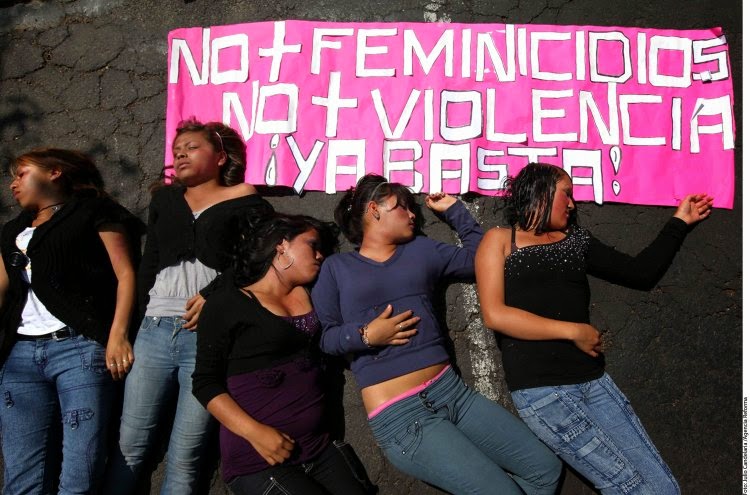Murder of Teenage Girl a Reminder of Culture of Femicide in Latin America
Pulsa Merica

NEW DELHI: The unearthing of the brutally battered body of 14 year old Chiara Paez from under her boyfriend's patio, has exposed yet again the growing culture of gender crime in the Central American nations. The murder happened earlier this month and the boyfriend has admitted to the crime.
The post-mortem report revealed the presence of abortifacients or drugs used to abort, in her body. She was murdered by an assault on her head by the 16 year old boyfriend. Local media reports have speculated the spat over abortion as the primary cause of attack on the deceased by her boyfriend.
Paez belonged to Rufino, a town 400 km north east of Buenos Aires. A candlelight vigil was observed in the wake of her demise by rights activists and other civilians on may 12.
This incident is not an aberration in a culture which is otherwise respectful to its women. But quite the opposite. The killings and beatings of spouses and girlfriends over petty issues are most common in Latin American nations. This condescension stems from a 'macho culture' which allows men to refer to women as their property and to act accordingly.
These gender crimes are so rampant that they have started being referred to as a genre in themselves, named 'femicide'. In last year alone, 277 women were killed in the like circumstances in Argentina alone. Femicide is becoming a big problem for neighbouring nations as well, said Ada Beatriz from Meeting House, a local rights group, in an interview with Thomas Reuters Foundation.
“The deplorable case of this young girl has triggered a reaction in society and has raised awareness about femicides in Argentina. People are saying that’s enough, not one more femicide,” she said.
According to United Nations Women Latin America is the most dangerous place to be in for women, with highest rates of femicide. More than half of 25 Latin countries bear this scourge, which include Guatemala, Honduras, and El Salvador, estimated by Small Arms Survey, an independent research unit in Geneva.
Speaking of Argentina, it has seen 1808 femicides since 2008, with an average rate of almost 250 per year, which peaked with 295 in 2013.
"We’re saying femicide is not a private, hidden matter but something that affects all of society because when a woman is killed it affects the whole family and children" said Beatriz in the same interview, emphasising the need to tackle the menace.



